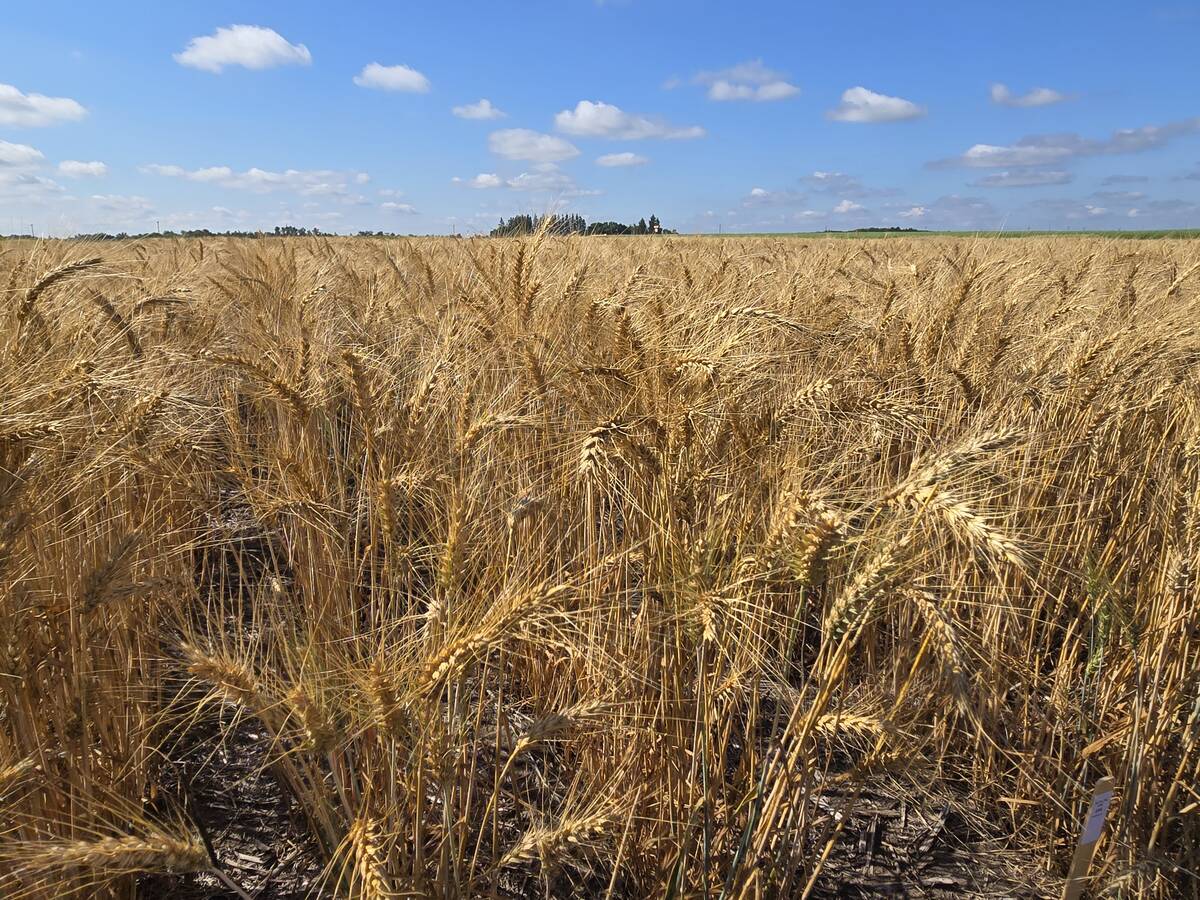ALUS funds projects Farmers paid for preservation of native vegetation and riparian and wetland protection
A demonstration program that pays farmers to protect the environment is gaining momentum in Saskatchewan.
Saskatchewan’s Alternative Land Use Service (ALUS) program now has five farmers signed up and organizers are continuing to assess other potential participants, said program co-ordinator Paige Englot.
The ALUS program was launched as a demonstration project in four Saskatchewan municipalities in December 2011.
Delta Waterfowl initiated the program along with the Agricultural Producers Association of Saskatchewan, the Saskatchewan Association of Watersheds and the Saskatchewan Wildlife Federation.
Farmers who are approved to participate receive establishment payments to initiate environmentally friendly projects on their land.
Read Also

Fall rye hits record high in Manitoba
Winter cereals 2025: More Manitoba fields grew fall rye in 2025 than ever before, but winter wheat slipped and, while spring stand survival was good, drought took its toll
They also receive an annual per-acre payment for existing ecological services such as wetland protection, preservation of healthy riparian areas and maintenance of native vegetation.
“This year, we’ve got four (new) producers signed up and we’re hoping to be in a position where we have two producers in each of our partnering RMs,” Englot said.
“We’re hoping that the demonstration phase of the project just naturally transitions into the program being permanent so we’re continuing to speak with new producers and we’re always looking for new projects.”
ALUS programs have been around for several years in Western Canada.
In addition to the Saskatchewan program, successful demonstration projects have also been launched in Manitoba and Alberta.
The concept behind all ALUS projects is the same: farmers and ranchers receive monetary payments in exchange for providing ecological goods and services that benefit the environment and society.
In Saskatchewan, the ALUS demonstration project is open only to producers in the rural municipalities of Lajord, Francis, South Qu’Appelle and Indian Head.
However, program organizers hope it will eventually expand to other municipalities.
Producer payments vary in size, depending on the type of ecological services being provided and the amount of land involved.
The type of land and its productive capacity are also considered.
Projects that might qualify for payments include fencing riparian habitat, re-establishing native grasses or trees, grassing waterways and planting shelter belts to reduce erosion and enhance wildlife habitat.















